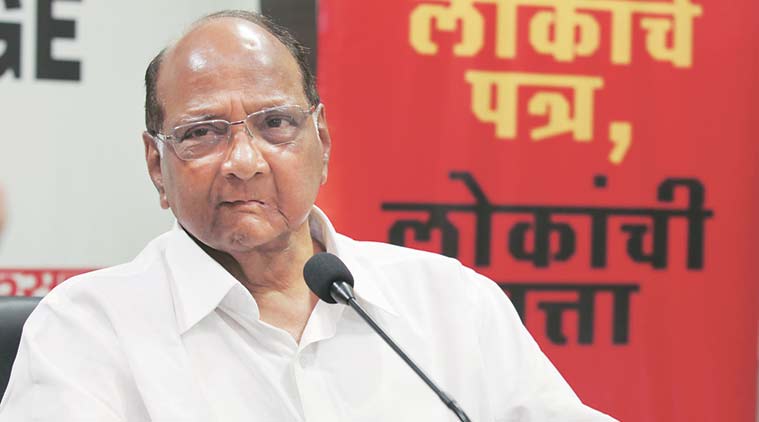Opinion Rule of unreason
Sharad Pawar is right. Prime Minister must intervene to facilitate field trials of GM crops.

 Pawar, who disagreed with Ramesh’s policy on GM crops, has written to Modi saying the NOC requirement was not necessary and was in fact choking the growth of the agricultural biotechnology sector.
Pawar, who disagreed with Ramesh’s policy on GM crops, has written to Modi saying the NOC requirement was not necessary and was in fact choking the growth of the agricultural biotechnology sector.
Earlier this week, former Union Agriculture Minister Sharad Pawar drew Prime Minister Narendra Modi’s attention to the sluggish pace of field trials of genetically modified (GM) crops. This is largely due to a rule that makes it mandatory for developers to seek permission from the state governments where the trial is to take place. The policy, introduced in 2011 by then Environment Minister Jairam Ramesh, has stymied the growth of agriculture technology, Pawar has pointed out, by encouraging states to take decisions on GM field trials for political reasons, rather than according to a science-based process. The PM should take note. Indeed, only a few states, including Punjab, Haryana, Andhra Pradesh and Delhi, have given no-objection certificates (NOCs) for field trials. Maharashtra, the one BJP-ruled state that had given an NOC for trials in February, reversed its decision in the face of protests by activists.
Ever since the moratorium on the commercial cultivation of Bt Brinjal was imposed, GM crops have been the subject of many scare-mongering campaigns, although there is no scientific evidence to corroborate claims that genetic engineering would breed pesticide-resistant superweeds, or that such plants will contaminate their “natural” neighbours and eradicate biodiversity. Despite the global anti-GM movement having been discredited by a growing body of scientific literature and high-profile recantations, advocates of GM food in India are accused of being corporate stooges, and rigorous scientific research is treated on par with the selective “facts” peddled by the anti-GM lobby. Sadly, policymakers have proven susceptible to such demagoguery, and repeatedly stalled the development of this sector, with a Supreme Court-appointed panel recommending in 2012 that all open field trials on GM crops be suspended for 10 years. The Centre challenged the moratorium, and the court is still hearing the matter.
Despite Modi’s support for GM crops and Environment Minister Prakash Javadekar’s repeated assurances that there is no ban on field trials, Sangh Parivar organisations have made their opposition clear, creating a climate of regulatory uncertainty. Pawar offers a solution to this impasse: Only the Genetic Engineering Approval Committee’s clearance should be required, as it alone has the competence to determine whether a particular transgenic is safe for trials or, to be released for cultivation by farmers. Instead of the states having a veto that they exercise based on reflexive anti-GM sentiment, they can block commercial planting by denying seed licences, but only after an informed decision.





